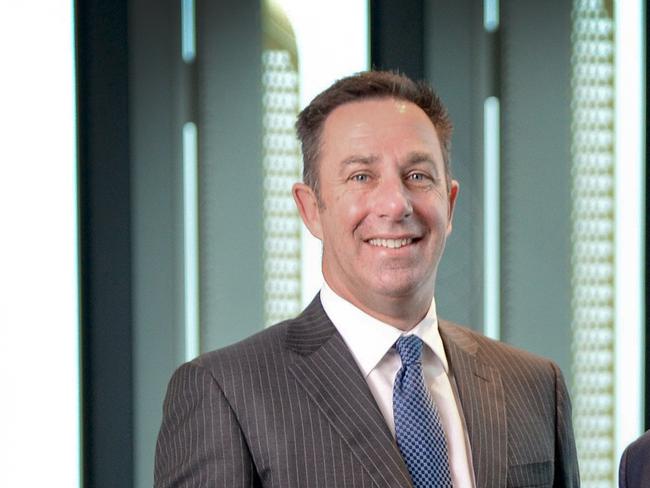2020 CEO Survey: Gary Wingrove, KPMG
Confronting the emergency has forced companies to build new frameworks for decision making, says KPMG chief Gary Wingrove.

What are the three enduring lessons or changes to flow from COVID-19?
1. Confronting the emergency has forced companies to refocus on their purpose, and it is this purpose that is now a framework for decision making.
2. Engaging employees and supporting connections is paramount.
3. Digital transformation has been accelerated and the runway for companies to evolve has shortened.
How would you rate the shape of the Australian economy as we head into the new year?
There’s still some underlying weakness, but there’s been a strong recovery in the labour market with people who lost their jobs early in the pandemic getting re-employed.
The successful suppression of the disease in Victoria, stimulus measures at state at federal level, and monetary policy settings are jointly contributing to the bounce back in business and consumer sentiment. This should flow into spending and profits.
What three reforms are needed to sustainably grow the economy?
1. Increase female participation in the labour force, including through childcare support and income tax arrangements.
2. Adjust the tax mix in Australia away from narrow, inefficient taxes — such as stamp duties and income tax — to broader, lower, more efficient consumption-based taxes.
3. Reform the energy market to align carbon usage with energy cost.
What are the three best growth opportunities for your company in 2021?
1. Support all levels of government and the private sector to manage the health crisis, deliver capital projects and infrastructure, and effectively deploy stimulus to create employment opportunities.
2. Optimise data and digitisation across supply chains and business operations.
3. Support the delivery of regulatory reform and operating efficiency, including remediation work in the financial services sector — but also in restructuring, deals, and mid-market support
What impact will digital transformation have on your company?
Digital transformation will change how we operate and the nature of our services. It offers significant market opportunities. It will help us provide real-time monitoring of our clients’ issues and provide additional insight to support good decision making.
It will enable better collaboration and interaction between office locations, client sites, and people who work — or anywhere for that matter. It should enable us to lower our environmental impact and support the firm’s global ambition to be net-carbon neutral by 2030.
As our clients seek to transform their own businesses, they expect the firms they engage to understand and use digital technologies. They will look to us not just for advice, but also to help them to safely implement and manage digital services.
How would you rate business, state and federal government performance this year?
At the start of the pandemic, the Prime Minister talked about building a bridge to the other side of this crisis. In our thinking, this bridge has been like a puzzle. It has required all of us to join together — business, governments, health sector participants, households, the Reserve Bank, and many other institutions — to contribute pieces and form a full picture.
The JobKeeper and JobSeeker initiatives have acted as the bridge’s structural beams, ideologically linking one side of the crisis to the other. But the crisis isn’t over and the bridge isn’t complete. The government is looking to the business community to contribute further pieces to invest and help our nation grow.



